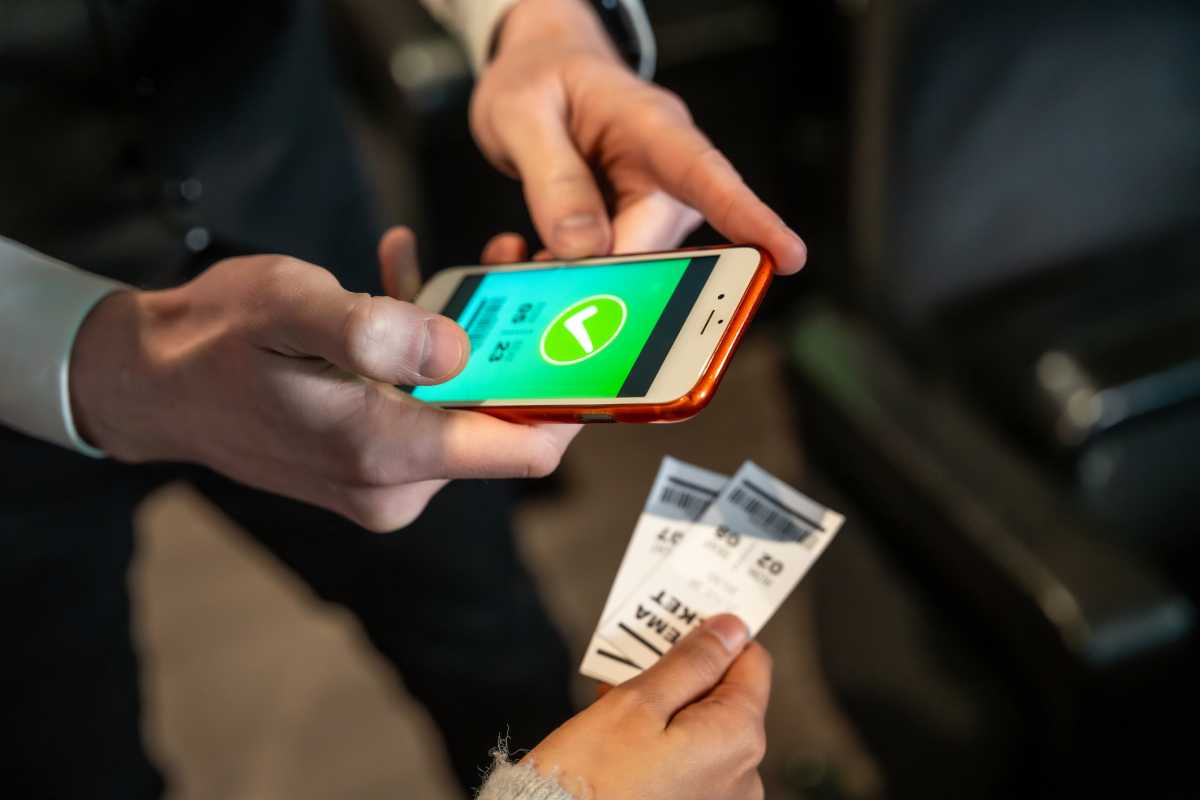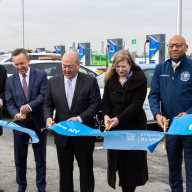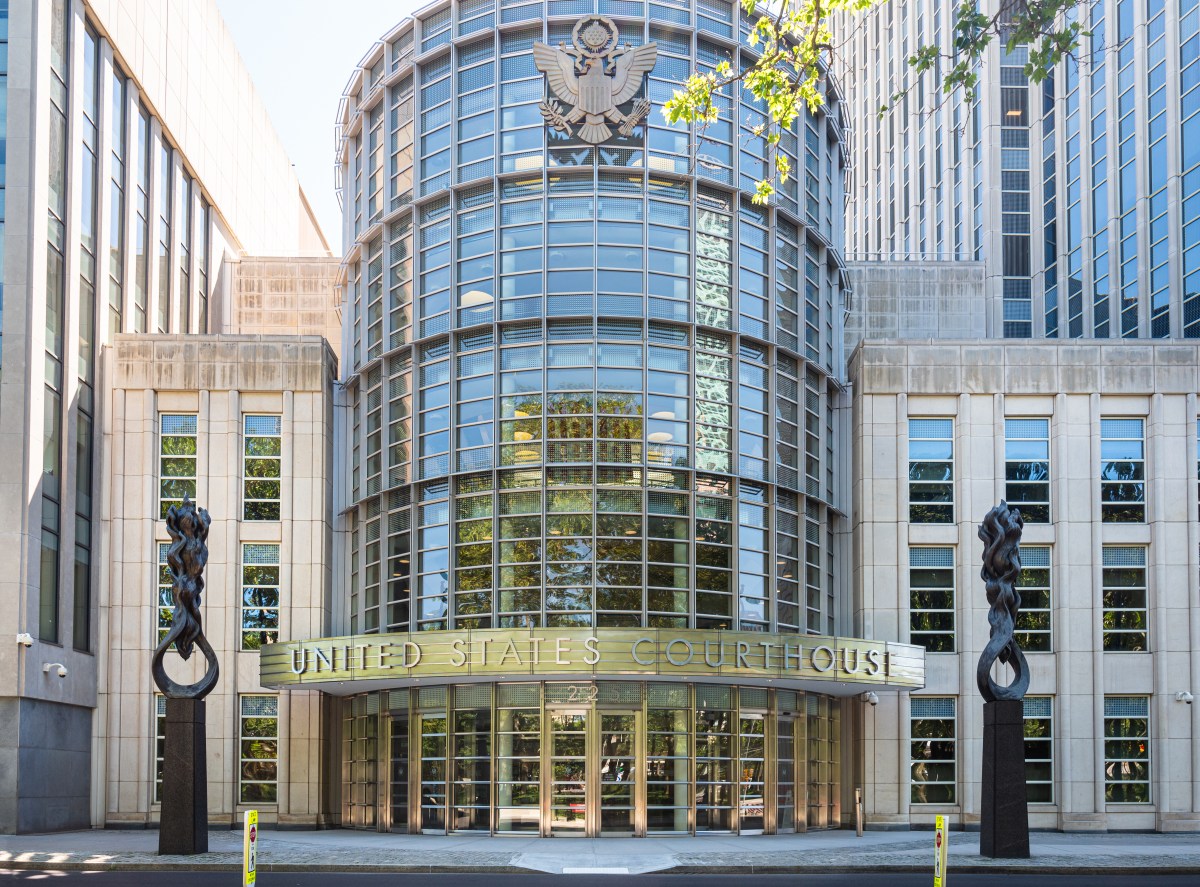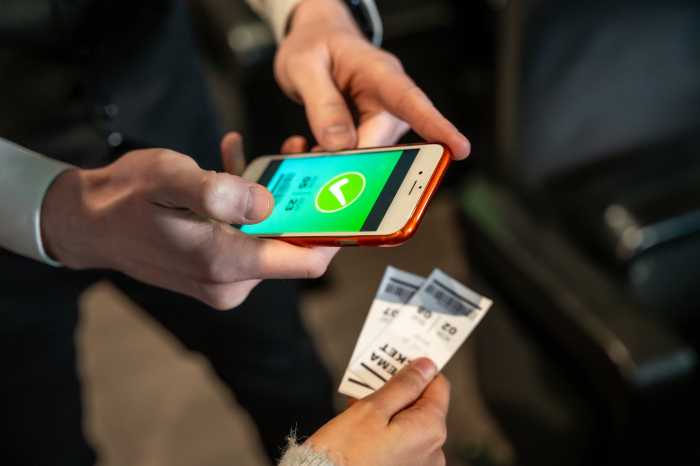Seven hundred bicycles is a lot of bikes to fit in a small New York City shop. But there they are on the corner of 46th Avenue and 5th Street in Long Island City: tiny tricycles made of bright plastic, burly mountain bikes with beefy tires, sleek touring bikes with feather-light frames.
The 15-year-old Recycle-A-Bicycle (RAB) receives some 1,200 donated bikes a year, many of which are refurbished in the non-profit’s LIC workshop and sold in its East Village and DUMBO, Brooklyn stores.
“When you come into the shop, it’s a pretty unusual environment to most people,” said RAB executive director Pasqualina Azzarello, who’s been with the organization for eight years. “The bikes we have have all lived their own life essentially. They’re not off the conveyor belt – they’ve each lived a life, and they carry that with them in their own way.”
The same can be said about the people RAB helps through its educational and environmental initiatives. The program began in 1994 as a youth project of Transportation Alternatives, an advocacy group whose mission is to “reclaim New York City’s streets from the automobile.”
Having previously worked with the New York City Department of Sanitation, RAB’s founders hatched a plan to teach kids how to build bicycles using old bikes diverted from the waste stream.
Today, RAB operates after-school programs for underprivileged and special needs students in four locations across the city, with three more on the way. In RAB’s workshops, kids learn bicycle mechanics and use old bike parts to make recycled jewelry. The non-profit also offers a Ride Club that takes kids out on two wheels across the city in the spring, summer and fall. The club pedals a collective 10,000 miles every year.
“We’ve heard from parents how when their kids are in our programs, it affects not just their knowledge of the bicycle and how to build one, but also carries over in other ways,” Azzarello explained.
Rommel Bishop is a case in point. The 28-year-old came to RAB when he was in middle school and after proving himself for a few years, RAB sponsored him on a cross-country bike ride. He was 16.
“It was an eye opener,” Bishop said in RAB’s workshop recently, where now, after 15 years with the organization, he serves as its coordinator and educational instructor, in addition to his role as head mechanic at the Avenue C storefront. “Most people don’t understand where life is going to take them, but I got a very good, clear view of where I wanted to go. I really love the bikes.”
Bishop also really loves working with kids. On a recent evening, he patiently taught interns Shakim DeVega, 15, and Walter Membreño, 19, how to install bicycle brakes.
Bishop smiled knowingly as his two students struggled and ultimately succeeded in threading a stubborn brake cable through its housing.
That satisfying ritual of patience, guidance and do-it-yourself achievement is a process Bishop has taken pleasure in countless times before. DeVega and Membreño are, after all, just the latest of 1,500 kids Bishop has taught over the years. And there’s a good chance his job won’t be done once they finish their three-month internships.
“I tend to follow my hardcore students throughout their lives,” he said, adding proudly, “I have a high rate of students who are now attending college. I think it [the program] really benefitted them.”
Many students like DeVega who arrive at RAB knowing little about mechanics – “I have a bike, and I don’t know what to do with it,” the 10th grader said sheepishly – end up as engineers, Bishop noted.
But RAB’s programs also offer kids an alternative to the tough city streets.
“I like to come here because you get away from the drugs,” said Membreño, a recent arrival from El Salvador. Speaking in Spanish, he added that he came to RAB with a beginner’s knowledge, “but now I’m learning more.”
“You learn a lot for your future,” he added with a smile.
Indeed, RAB offers a vehicle for success, regardless of the age of its students or their end goal.
Adult education classes are offered regularly, as are special art workshops like the one that resulted in the September “planting” of an “Urban Garden” made of recycled bike parts. The product of a grant from the NYC Department of Transportation, the “plants” stand as tall as eight feet along Vernon Boulevard near Queens Plaza South.
RAB also recently hosted a group of Iraqi exchange students who fashioned earrings and necklaces out of bike gears and chains and took to the streets of New York with Ride Club.
The organization runs on a combination of grants, donations and bike sales and rentals. Every year, RAB refurbishes around 750 bicycles, generating $200 to $300 per bike sold.
In addition, the organization recently held a 15th birthday celebration, where it auctioned off cycle art and bikes donated by the Dutch government in honor of the 400th anniversary of Henry Hudson’s journey to New York.
All in all, RAB lives and breathes the power of the bike.
“Bikes get you where you want to go,” especially in a city like New York, Bishop exclaimed.
Cars? With the tolls, traffic and tickets that go along with them? Not so much, he said.
For more information or to donate visit recycleabicycle.org.





























